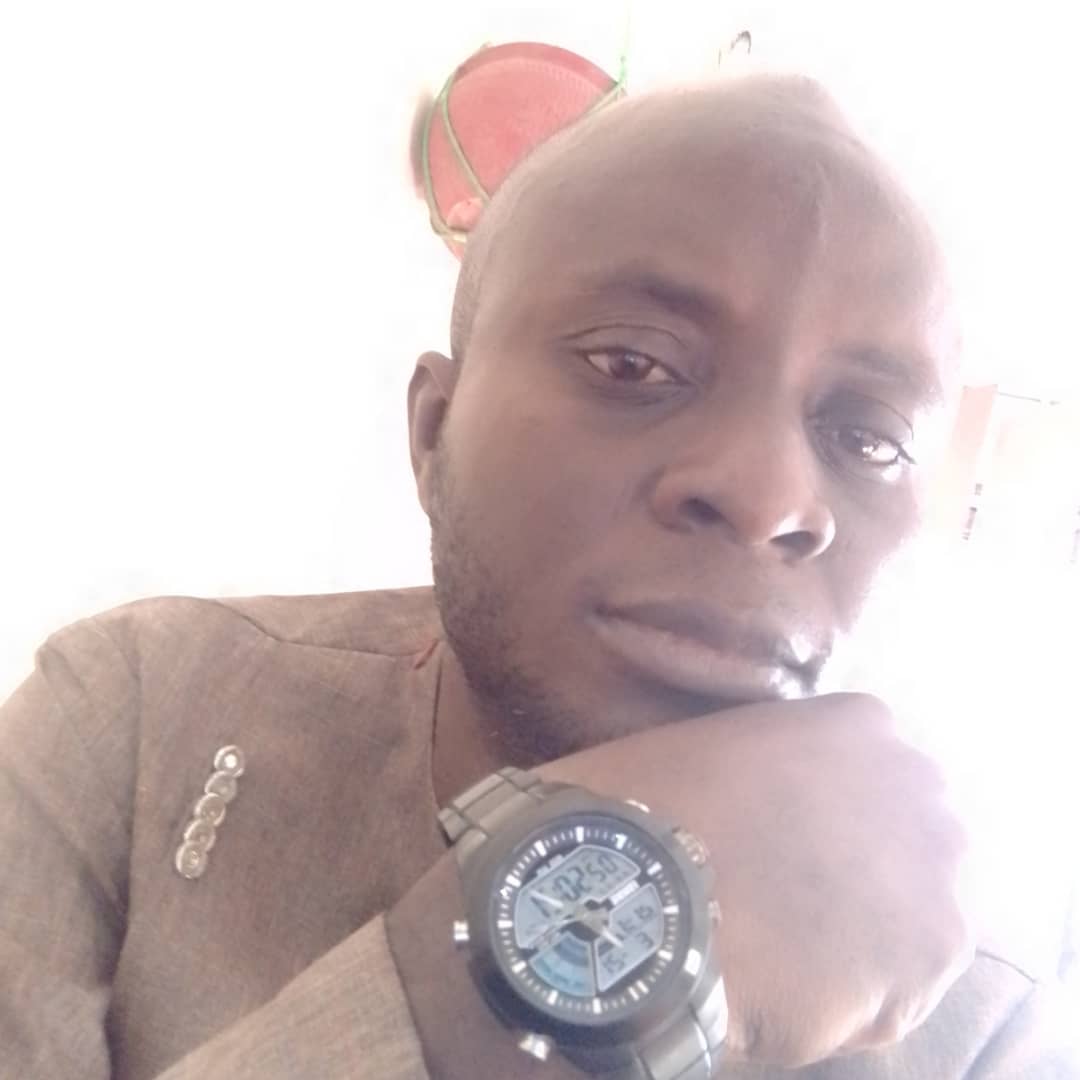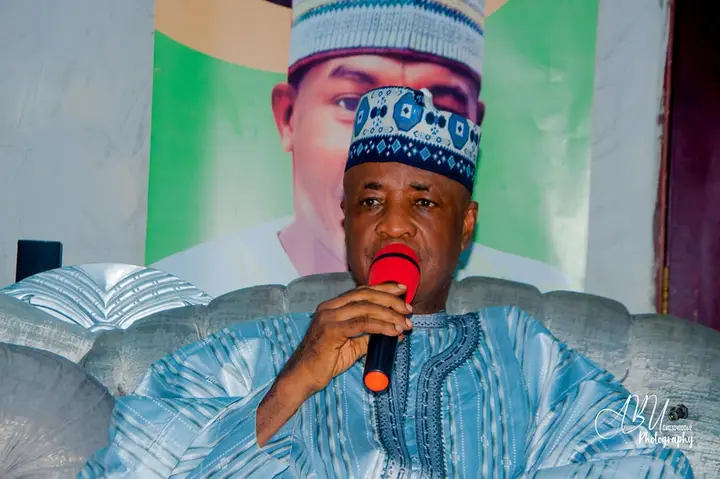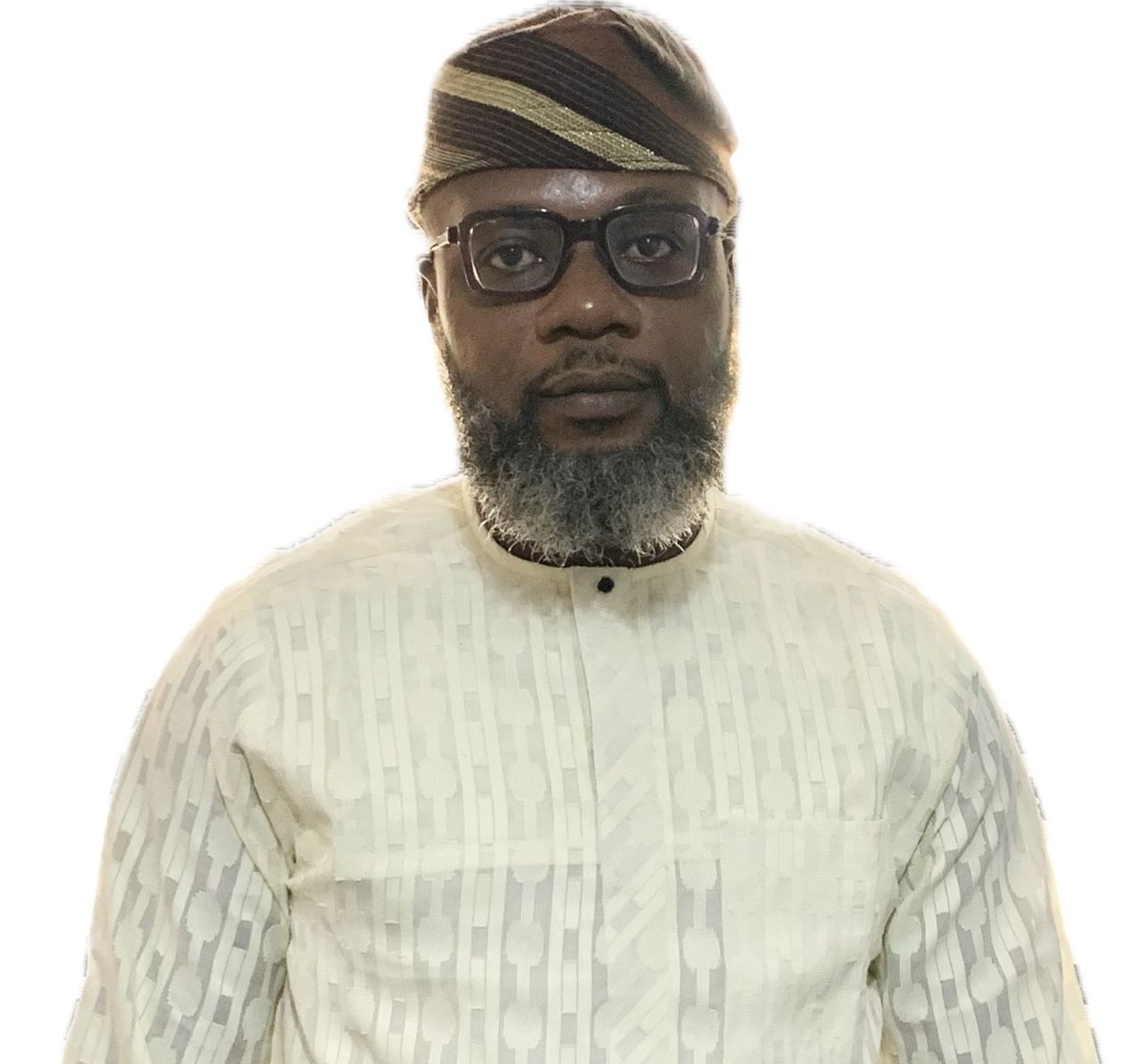This Thing Called “Palliative” By Olushola Omogbehin

This Thing Called “Palliative”

The latest avoidable death in the house of the Senator representing Sokoto North in the National Assembly, Aliyu Wamakko during the distribution of palliatives for the just concluded Muslim festival, has not only given leadership in Nigeria reasons to bow their heads in shame but also bigger reasons to question the justification of the continuation of this thing called “palliative” that COVID-19 brought to us and politicians are now using as a weapon to sabotage democratic dividend as well as a weapon of destruction. Important also, is to examine to what extent palliative can suddenly put an end to poverty or its degree of alleviating poverty if not properly handled. But first, let us briefly look at the chronology of the recent stampedes across Nigeria as a result of uncoordinated palliative distribution and the death too many thereof.
The news of the death of many innocent Nigerians with a score and a half others sustained various degrees of injury while struggling to get palliative in the house of Sen. Aliyu Wamakko, was the latest palliative induced stampede in the country. As this is the holy month of Ramadan where all Muslims who meet the necessary criteria of wealth are required to observe Zakat (one of the five pillars of Islam) which is to donate a portion of their wealth to charity, Aliyu Wamakko who no doubt belong to this category of privileged Nigerians has been a forerunner in this direction in the state but why does his own Zakat always end in crisis and sometimes bloodshed? Is there no other means of carrying out the exercise without snuffing out life from those looking for their livelihood?
Just before the ugly news from Wamakko’s house was the stampede at Nasarawa State University that claimed about three lives also during the said distribution of palliatives. The incident which occurred at the convocation ground of the institution was the initiative of Governor Abdullahi Sule who recently embarked on palliative initiative for students in tertiary institutions across the state. Though the programme has been successful in other institutions in the state but the question still bothering many Nigerians is the choice of rice or any foodstuff as palliatives for students when there are many other means of reaching out to them without affecting their health let alone claiming their lives. Analogous to this was the event in Port Harcourt last year that claimed about 30 lives with many others injured when a local charity organization in a church was sharing food. We must also not forget Kogi State wahala some years ago when some palliatives were carted away from the warehouse with many people injured.

Similarly, on 24th day of February, 2024, the Nigeria Customs Service in its effort to ease the hardship facing Nigerians over food inflation, discounted the price of parboiled rice seized from smugglers at its zonal headquarters in Yaba Lagos. The gesture of selling a 25kg bag of rice at ₦10,000 instead of the normal market rate of ₦35,000 resulted into a serious stampede when Lagosians (who did not want to carry last) forced their way into Customs’ facility. Many were trampled on in the process, some fainted while many others were badly hurts. At another Zakat distribution in Bauchi State on March 24, 2024, about seven people lost their lives. In the ugly incidence, women and children in their multitude were said to have invaded the head office of the AYM Shafa Foundation which is located along Bauchi-Jos Road to take their own portion of the ₦10,000 gift by the foundation. It was even reported that one person ended his life recently on a large scale looting of food items in Kebbi.
The word “palliative” which originated and first appeared in the dictionary in 1656 is a medicine or form of medical care that relieves symptoms without dealing with the cause of the condition. So, it is something that palliates, pacify and provide succor in a moment of upheaval. It became so pronounced here during COVID-19 when people could not go out to look for their means of livelihood and government had to come to their rescue with palliative against hunger. It is therefore not to be misconstrued with democratic dividend as our politicians are beginning to take it. It is also supposed to be given in the form of relief materials in the time of natural disasters such as flood, earthquake, sudden collapse of building and other such epidemics.
Yes, it is a known fact that Nigeria is currently passing through a process but a lasting solution is what we need and not what will further compound our problem because whatever will not be done excellently must be left totally; average input can never produce an excellent outcome. For instance, how will you in an institution of about 20,000 students want to distribute palliative to only 3,000 or 4,000 without expecting trouble? Yet, you can still achieve the same result through various means such as bursary to students. And if the state is paying bursary to students, it can be increased or as a secondary school teacher has already suggested, Nasarawa State Government can declare free education for one semester as palliative or do it on faculty basis. It is needless killing innocent people that should be kept alive.

The attitude of state government in Nigeria towards palliative should also be addressed. In the last 10 months of Tinubu administration, state governors have received ₦9 billion from subsidy removal out of which ₦7 billion was for infrastructural development and ₦2 billion for palliatives. But what we see across different states now are pockets of palliatives with less or no infrastructural developments. It is even so bad that nobody is asking any question at the state levels including civil society organizations. It has gone so bad that the Nigeria Labour Congress and Trade Union Congress recently commended the governor of Kaduna State for the distribution of palliatives. These two bodies should know that government is there to serve people and should be questioned adequately whenever it derails and not praising it for copious failure. NLC and TUC should be strengthened at the state level to put the governors on their toes and not limit their operations to the federal level.
As George Hengel says that “we learn from history that we do not learn from history”, with the recent stories from Wamakko, Nasarawa, Bauchi and others, it is evident that lessons were not learnt from various palliative distributions in the past that ended tragically. As events (natural disaster) that will necessitate distribution of palliatives are inevitable in the society, it will be good for every organization or government that will henceforth engage in this exercise to go the way of Gombe and Jigawa.
The two states have recently constituted committee to guard against stampede in palliative distribution. Among other assignments, the committees were designed to decentralize distribution, guard against diversion of commodities with protection of lives so as not to take life while trying to save it. In Jigawa State, the government constituted state, local and ward-level committees in order to disinfect the distribution of palliatives and this has worked for the two states as there has not been casualty of any form in their distribution so far. The state has also constituted committee at every level of governance to enhance wider stakeholder engagement and participation.
What should we do? If palliative distribution has come to stay, every Nigerians should see to it that it is not used by politicians to replace democratic dividends. Two, government should engage the approach of Gombe and Jigawa States whereby special committees would be set up and relevant stakeholders involved so we don’t keep losing life indiscriminately. As palliative is not originally meant for everybody, each state should develop social register of deserving members of the society and not giving it to those who do not deserve it why those who do, do not get.
Alternatively, as most social programmes and anti poverty intervention prior COVID-19 were centralized by Federal Government in conjunction with the state and local governments and were mainly cash based, this system should be embraced again with target audience. In this direction, local government will go through the various communities under them to know the families that are really in need of palliative. Except we want to deceive ourselves, each community knows the needy families. This will put an end to a situation where palliative meant for the needy will find its destination in the house of a minister, governor, commissioners and other top government officials. It will also help to adequately address what exactly should be distributed and not a situation where a tailor will get a tuber of yam that is meant to be planted by a farmer and vise versa.
The identification of the needy in each community with adequate social register will no doubt enhance the system because delivery process would be made easy as well as making the process a transparent one. It will also in no time, lift the identified group above poverty line and the society will be the best for it. We must also be sincere with ourselves that sharing palliative such as rice, spaghetti, gari and whatnot, apart from not being venerable, is not also sustainable and it is a proof of government failure to address the plight of its citizens. Yes, as mentioned above, it is very welcome when it follows natural disaster but anything other than that is a misplaced priority.
It is therefore recommended that the right thing should be done to putting an end to the era where palliative is used to replace democratic dividend because the type of crowd that palliative distribution generates that gives rise to stampede whereby human beings would be trampled to death is a serious indication of high level of poverty which is certainly not good for our society. Politicians should also stop using palliative distribution to hoard constituency project and other dividends meant for the electorate.
We must learn to give back to the system that has given us so much. Instead of palliative, when a member of a family is adequately empowered, s/he would be able to successfully cater for the remaining members of the family. This is the way we should go. Nigeria Labour Congress, Trade Union Congress and other civil society organizations should direct their compass towards the state and local government this time and see if the tide will not change.
As I commiserate with the families of those who recently lost their lives in the different palliative induced stampedes across Nigeria, particularly in the build up towards the celebration of the just concluded holy Ramadan, we pray that the good Lord gives you all, the fortitude to bear their eclipse.



